
Camping Safety: Protecting Your Campsite From Wild Animals
Without a doubt, some of the best memories of summer can be made when camping. It is a beneficial activity that affords you an outlet to get away from the stress and noise of everyday life. However, to fully enjoy this experience, campers must take several safety measures and be on guard against unwelcome invaders and wild animals.
Wild animals are like unfriendly landlords. They often roam around campgrounds. Hence campers must stay vigilant and take necessary steps to ensure the safety of themselves and their campsite. You might be a first-timer in the camping activity, or you may be conversant with the action. Here are some dos and don'ts on your first camping.
Listed below are a few simple measures that can keep you protected from wild animal attacks while camping.
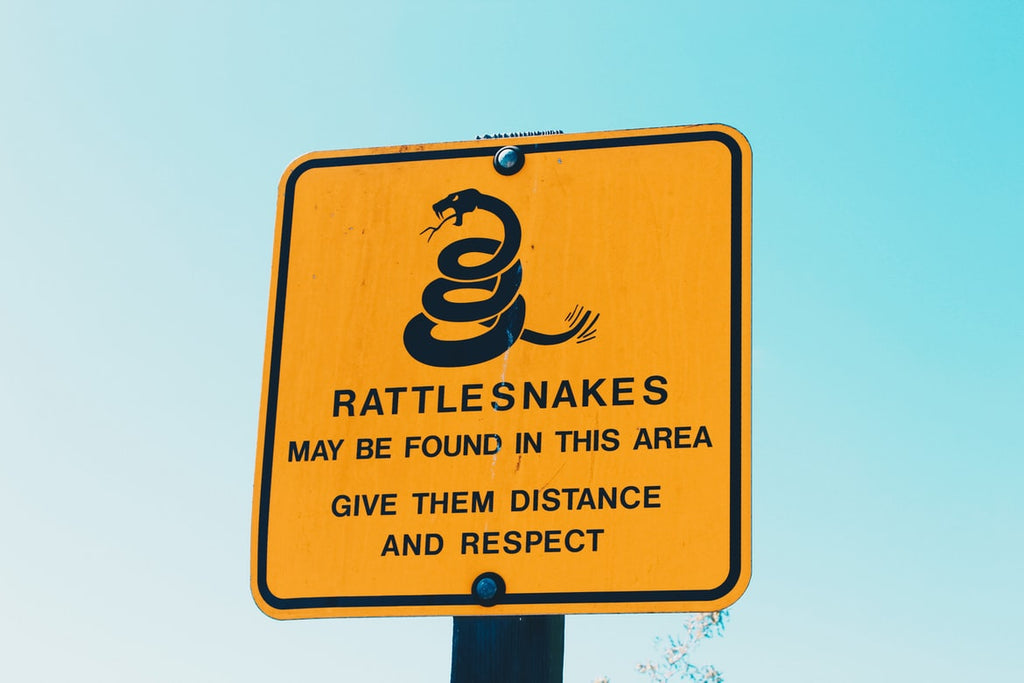
1. Ensure you have the camping essentials
In matters of safety, you can’t overcompensate. That is why it is necessary to stock up on basics. Items that can keep you and your family safe and keep out wild animals include:
- Flashlights: To navigate safely at night, to aid your visibility and point in your walking path flashlight can be helpful. In addition to this, animals lurking around your campsite can get spooked by a sudden burst of light.
- Repellants: On the other hand, you have the bear spray, which you may not necessarily use but is essential for your peace of mind.
Other essentials include:
- Fabric softener Sheets: The fragrant odor of fabric softener sheets can be irritating to many animals. Go along with a few boxes and place them in strategic locations around the campsite. Please place them in your tents, coolers, sleeping bags, and backpacks.
- Heavy-duty bags: In some camping areas, there may be no provisions for trash disposal. As a result, you may have to get garbage bags yourself. For maximum protection, use the heaviest bags you can get, double the bags for added security.
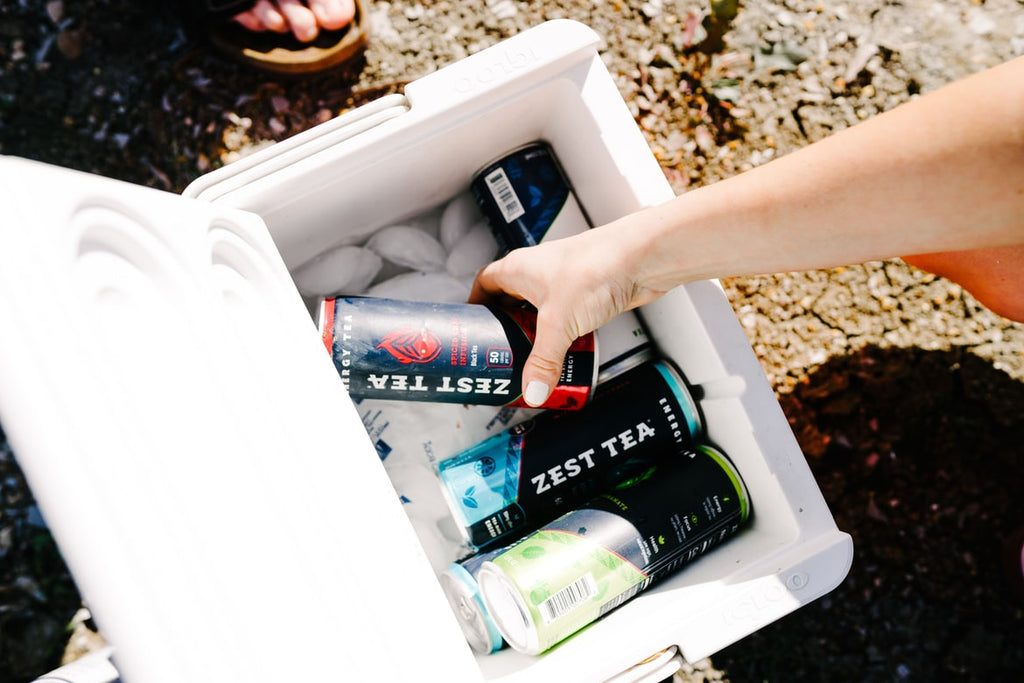
2. Locking cooler
The basic instinct of wild animals is survival, so they are constantly in need of food. This is why it is essential to have a locking airtight cooler to preserve the food and minimize odors. Ropes can also come in handy to hang the food at an elevation of at least 7 feet.
3. Seal and package food supplies properly to eliminate odors
Black bears have a population of about 300,000 in the United States, which makes them a considerable concern for campers. They can smell trash and food odor. Wild animals can pick up unnatural scents like soaps and deodorants. Campers should also secure items like toothpaste, deodorants or bug sprays, soap, and lotion.
There are several ways to keep your items away from a bear’s reach, one of which is securing in a hard-sided vehicle. You can also keep them in a well-sealed food container.
Chipmunks and squirrels are also known to be a hindrance for campers. To protect against these smaller critters, ensure you house all food perishables in well-sealed and critter-proof containers. The idea is if they can’t smell your food, they won’t be drawn to it.
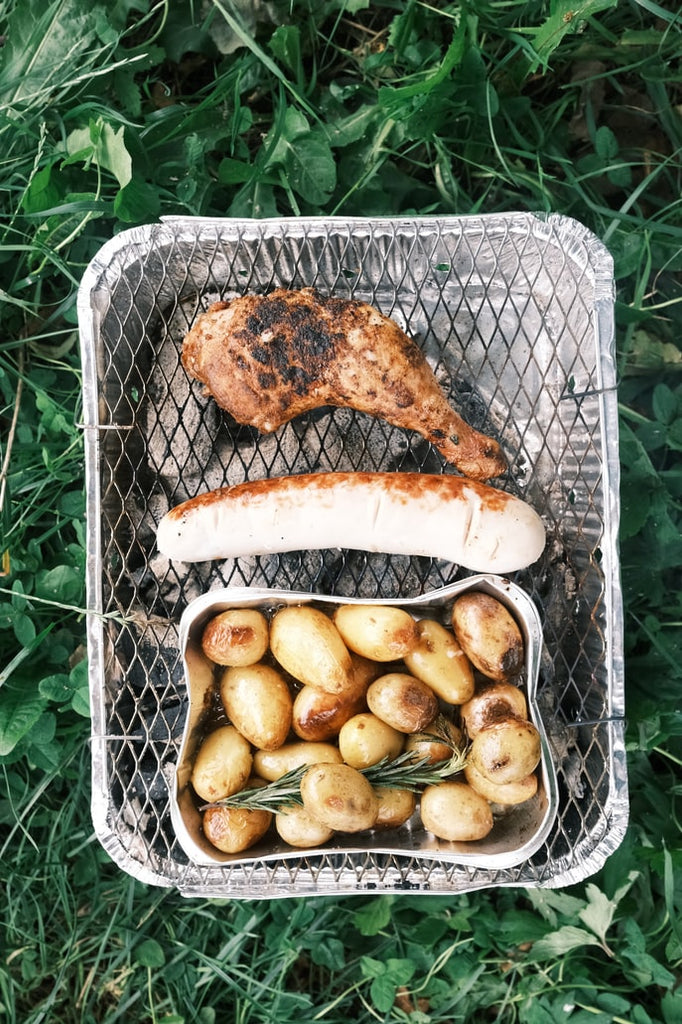
4. Keep food items out of sight
As a follow-up to the point above, wild animals will not come for food they can’t see. You can keep them locked in a vehicle. Apart from food items, ensure that trash is disposed of at least 200m away from your campsite.
5. Watch out for the slithering pests
Snakes are often a concern in certain areas. Especially when your activities tamper with their environment. They are usually found in logs and places that help to keep them warm. As a result, ensure you take maximum precautions. You could by wearing sturdy boots and gloves when moving logs.
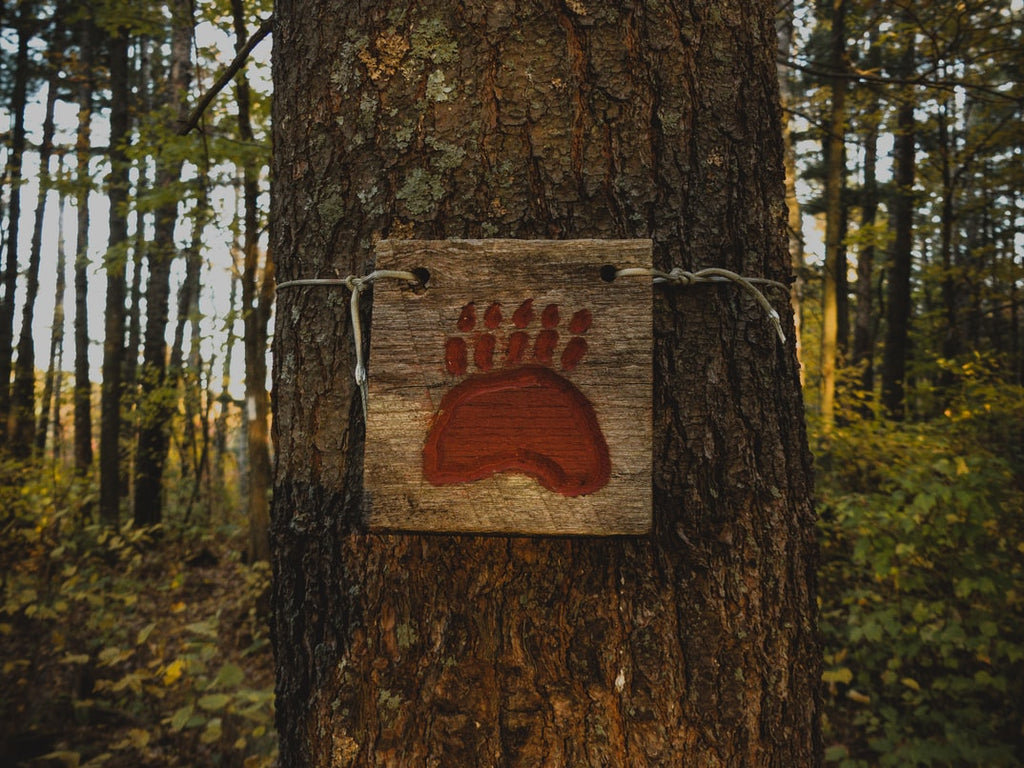
6. Keep your distance
Most animals are scared of you as you are of them, so from a far distance, they scare off easily. Albeit, to be prepared if you get too close to a bear or any other animal by chance, read up on animals predominant in your location beforehand on what to do when in a face-to-face situation.
7. Keep your environment clean
For the duration of your stay in camp, ensure that there is a proper cleaning schedule. Continuously pick up trash and thoroughly scrub pans and pots. This reduces the chances of being bothered by pests and unwanted animals.
8. Get familiar with your area
Knowing your way around the woods can be beneficial. Gather as much information as you can on the wildlife in the area. Seek out nuggets from the wildlife official in the vicinity.
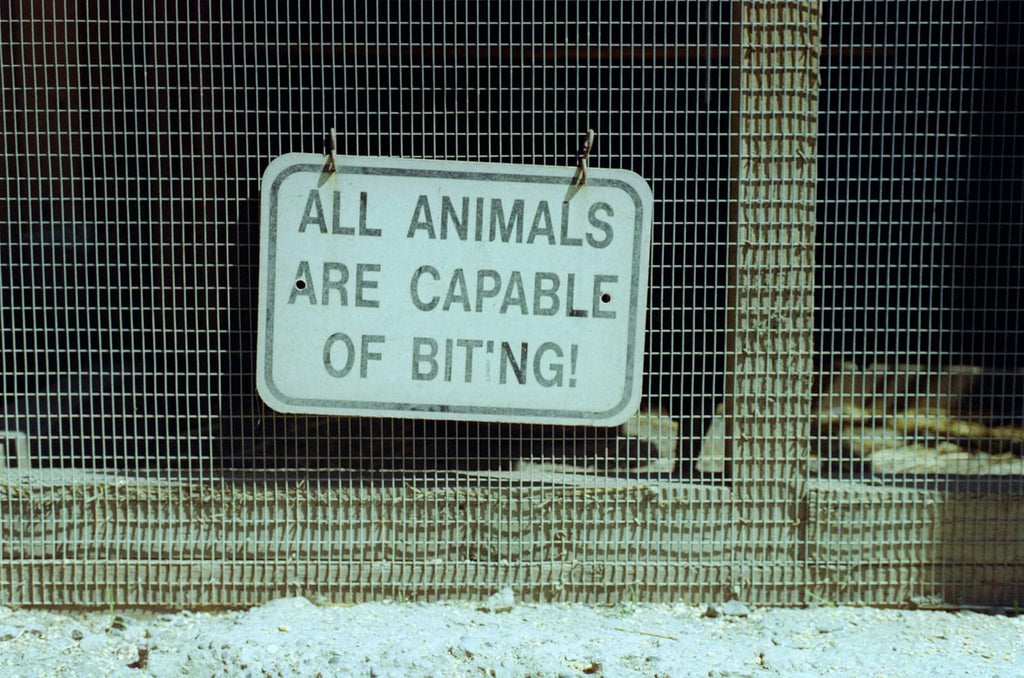
9. Wear different cooking and sleeping clothes
The smell of food tends to stick to one, long hours after cooking and eating. This cooking smell sticks to the fabric and can draw out bears to your location. It is unwise to sleep in the clothes you wore while you were making dinner. Instead, store them in an airtight container to reduce the chances of any wildlife getting a whiff.
10. Stay Vocal
This may seem a bit unusual, but being vocal can keep many wild creatures out of sight. Ensure it’s being done in moderation, especially if you have neighbors close by. The sound of voices, campfire crackling, and other artificial sounds like car engines usually suffice in scaring off wildlife.
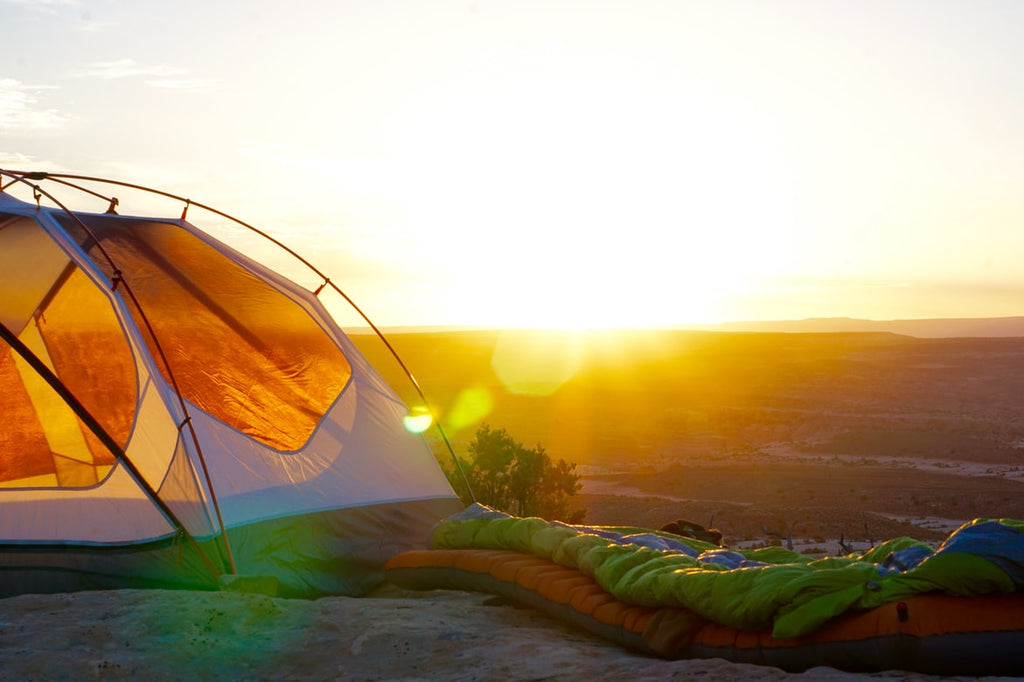
11. Applications of insecticides, pesticides, and repellants
Several repellents and insecticides are available in the current market. They are suitable for keeping the wildlife away from your campsite and preventing animals (such as raccoons) from getting into your trash. Usually made with natural ingredients, these repellants won’t harm you but ensure your family’s safety or the surrounding environment. They’re also easy to use and usually last for up to 30 days.
12. Keep your camp well-lit
Having a well-lit campsite is also a good safety measure. Most wildlife creatures thrive at night and will keep away from a lighted environment. Regardless of the length of time you plan to spend on your trip, going along with a portable power generator to keep your environment well lit at all times.
The Acevolt portable solar generator helps you to do this and more. It comes with a 672Wh battery that lasts for long periods, and it also comes with 12 ports to power a wide range of devices. Ultimately, you will have a dependable power source throughout your trip and keep out wildlife.

Conclusion
The key to thoroughly enjoying your time out in the hands of mother nature is by being adequately prepared for all possibilities and eventualities. Stock up on the necessary materials, amass knowledge about the wildlife in your chosen area for camping and maintain proper cleaning and security routines to get the best out of your adventure. Enjoy all that nature has to offer and stay safe.
Related Product























Leave a comment